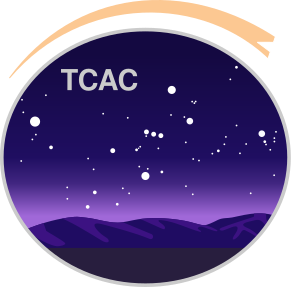
|
Tri-City Astronomy Club
|
The diameter of the main mirror or lens of a telescope is called its aperture. The size of the aperture determines how much detail you can see with a telescope. (The magnification doesn't really affect what you can see, and it can be easily changed anyway.)
| The Whirlpool Galaxy 100× |
Star Cluster M13 150× |
The Lagoon Nebula 50× |
|
| 6-Inch Aperture |
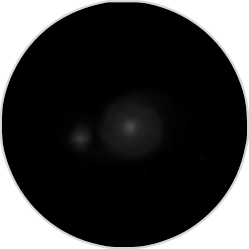 |
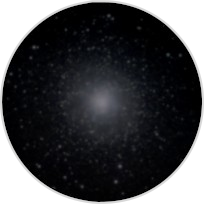 |
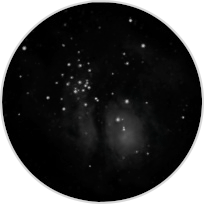 |
| 10-Inch Aperture |
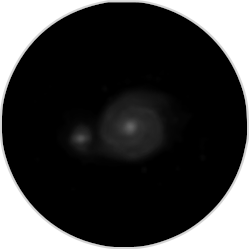 |
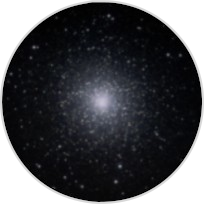 |
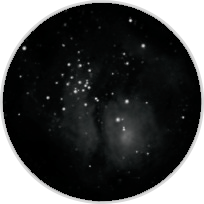 |
| 16-Inch Aperture |
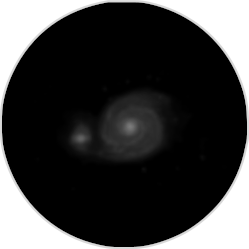 |
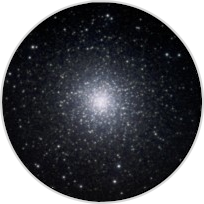 |
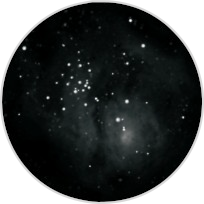 |
The sky never gets all the way dark near a city. The "light bubble" extends to a distance of around two times the diameter of the city. In the Tri-Cities, you should be about 30 miles away from the edge of town to see the images above. The moon has the same effect as city lights, so don't expect to see much unless it is only a thin crescent.
| From Inside a City |
From Just Outside a City |
One City Diameter Away |
Two City Diameters Away |
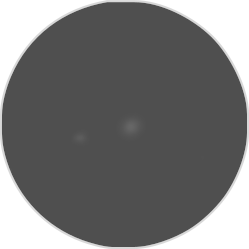 |
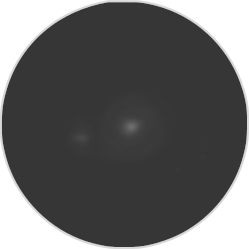 |
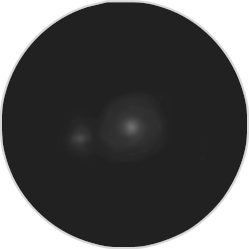 |
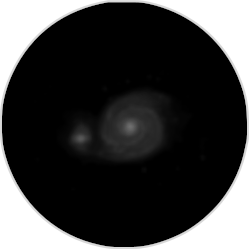 |
The moon and planets are bright enough to be seen with a telescope of any aperture — even inside a city. However, high magnification is recommended, and a telescope of at least five inches is required to get to these powers.
| Jupiter 200× |
Saturn 250× |
The Moon 200× |
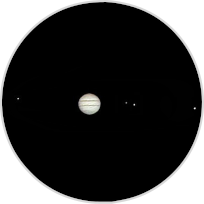 |
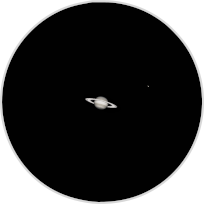 |
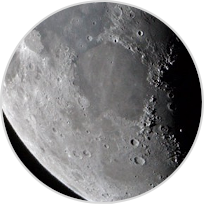 |